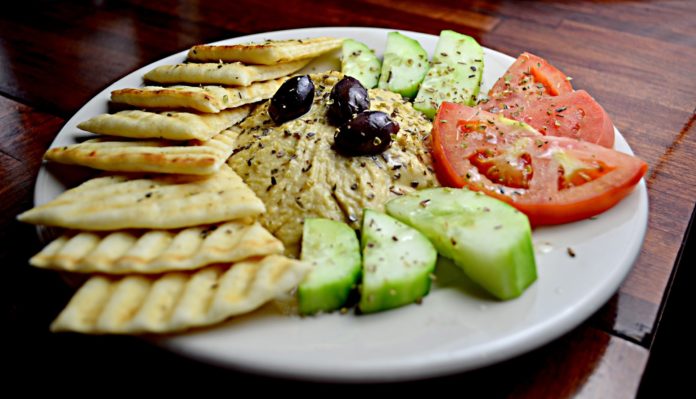
An analysis of four nutritional scores showed that biggest benefit is from healthy diet minus alcohol
A diet that encourages both healthy eating and physical activity and discourages alcohol consumption is associated with a reduced overall cancer risk. The risks were found to be particularly low for lower breast, prostate, and colorectal cancer.
A study evaluated three previously validated nutritional recommendations: The WCRF/AICR score; the Alternate Healthy Eating Index; and the French Nutrition and Health Program-Guidelines Score, plus one relatively new index, the MEDI-LITE score, which measures adherence to a Mediterranean diet.
All the diets were associated with some reduced risk, but the WCRF/AICR recommendations, developed specifically with cancer prevention in mind, had the strongest association with reduced risk.
According to the National Cancer Registry Programme of the Indian Council of Medical Research (ICMR), India recorded an estimated 3.9 million cancer cases in 2016. The worst affected states were Uttar Pradesh with 674,386 cases, followed by Maharashtra with 364,997 and Bihar with 359,228. ICMR estimates that India is likely to have over 17.3 lakh new cases of cancer and over 8.8 lakh deaths due to the disease by 2020.
For the present study, data from the NutriNet-Santé study, launched in 2009 to investigate associations between nutrition and health in a French cohort was used. The subjects included a large sample of 41,543 participants aged 40 or older, who had never been diagnosed with cancer prior to inclusion in the study.
Antioxidants from fruits and vegetables may contribute to counteract some of the oxidative damage to the DNA caused by red meat and processed meat
1,489 cancer cases were diagnosed in the study participants between May, 2009 and Jan 1, 2017, including 488 breast cancers, 222 prostate cancers, and 118 colorectal cancers.
The study showed that a one-point increase in the WCRF/AICR score was associated with a 12 percent decrease in overall cancer risk; a 14 percent decrease in breast cancer risk, and a 12 percent decrease in prostate cancer risk.
The study was led by Mathilde Touvier, MSc, MPH, PhD, head of the Nutritional Epidemiology Research Team (EREN) of the French National Institute of Health and Medical Research (Inserm), University of Paris 13, and Bernard Srour, PharmD, MPH, and PhD candidate in nutritional epidemiology at EREN-Inserm.
They concluded that the “synergistic contribution” of a healthy diet was more significant than any single dietary recommendation.
For example, antioxidants from fruits and vegetables may contribute to counteract some of the oxidative damage to the DNA caused by red meat and processed meat, and exercise could lower blood pressure, partly counteracting the effects of high-sodium foods.













